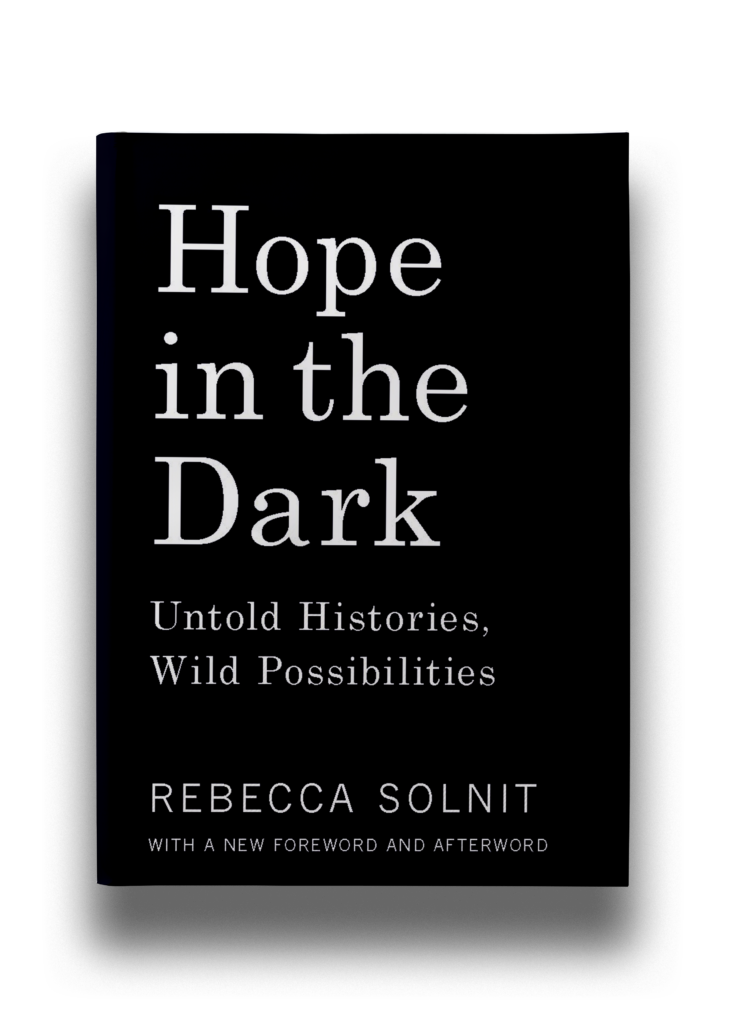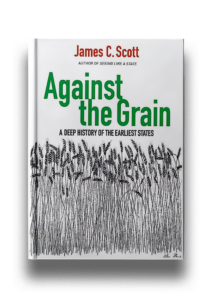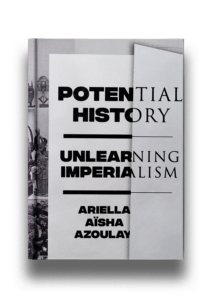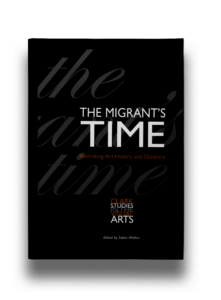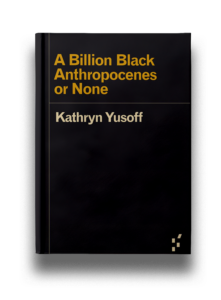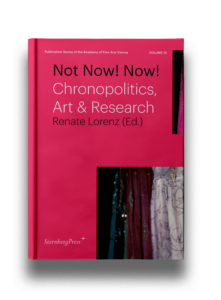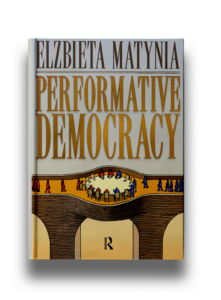Year
2016
Publisher
Haymarket Books
Author
Rebecca Solnit
Annotation
This is the kind of book one is always going back to, or at least whenever hope drains out, and we see our political and cultural efforts not really having an impact in the greater logic of things. Solnit writes from the perspective of her activism, putting together a series of historical case studies that oblige us to reassess our judgement on grassroots activism’s achievements. Spanning from the American civil rights movement to Occupy Wall Street, the book takes us on a journey through the rise of protest forms across the world in the last seventy years, and their ability to invent new forms of representation, often also thanks to the contribution of artistic movements, groups and individuals. What is easily dismissed as inconsequential and of little importance here is highlighted as an alternative look at recent history, from the side of those who filled squares, streets and other demonstration spots, in order to imagine and demand a better world collectively.
Matteo Lucchetti
The activists who deny their own power and possibility likewise choose to shake off their sense of obligation: if they are doomed to lose, they don’t have to do very much except situate themselves as beautiful losers or at least virtuous ones.
